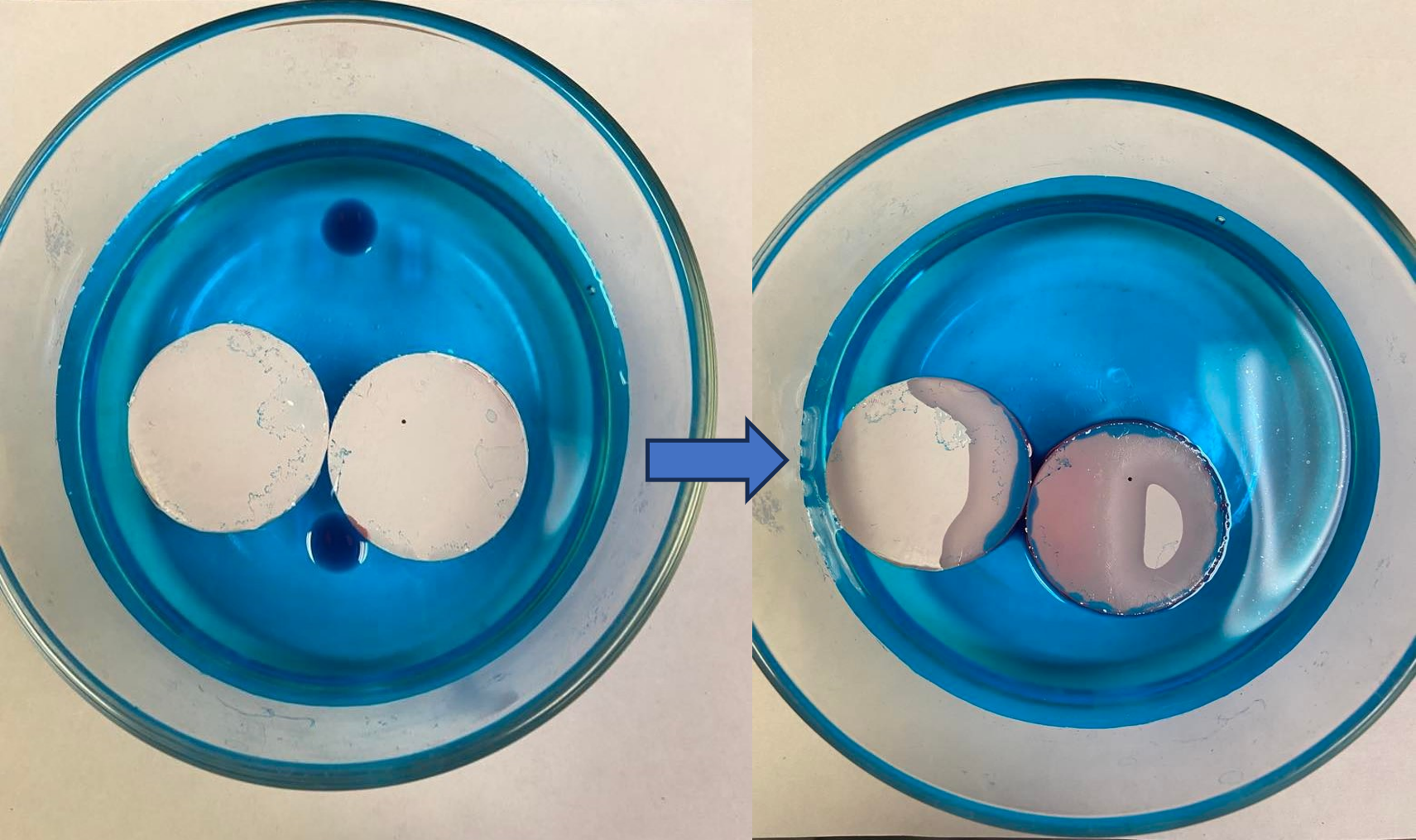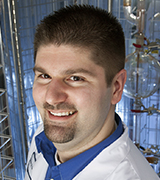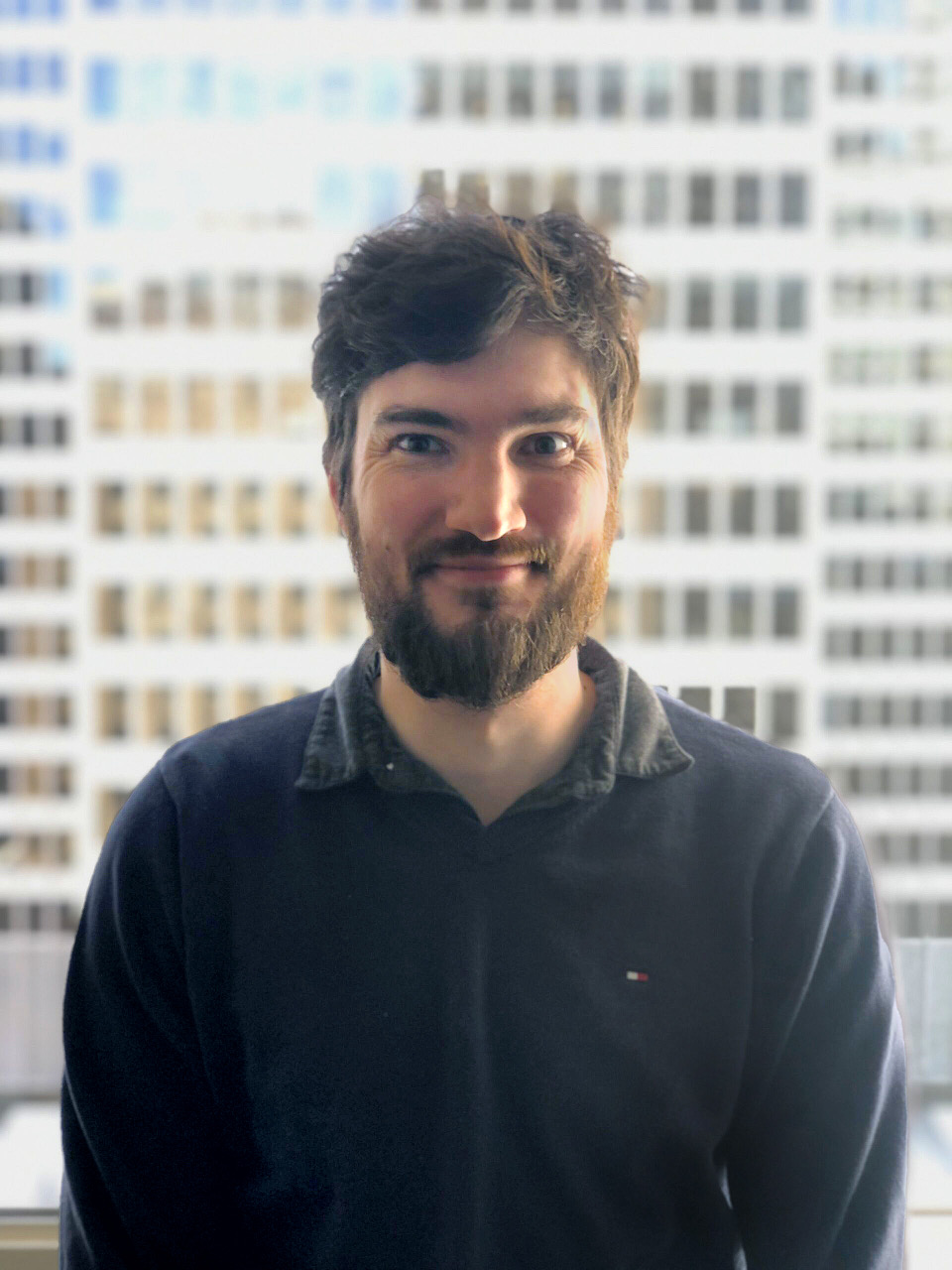UNMET NEED
Despite regulations aimed at averting the occurrence of oil spill catastrophes, the stark truth is that a staggering 15,000 tons of oil were spilled from tankers in 2022. Beyond these spills, the influx of oil-containing effluent streams from industries continues to endanger our aquatic ecosystems, wreaking havoc on water quality and the creatures that depend on it. Similarly, emerging contaminants such as pharmaceuticals are an increasing concern for the health and safety of our water resources. Unfortunately, traditional oil capture methods fall short, hampered by inefficiency and impracticality for large-scale applications either of oil leaks or industrial wastewater treatment. Moreover, they generate harmful secondary pollution.
The need for providing advanced methods and materials designed to mitigate existing challenges has never been greater. Specifically, an approach to prevent secondary pollution from filter materials by using biodegradable, recyclable or reusable polymers as an eco-friendly alternative is imperative.



